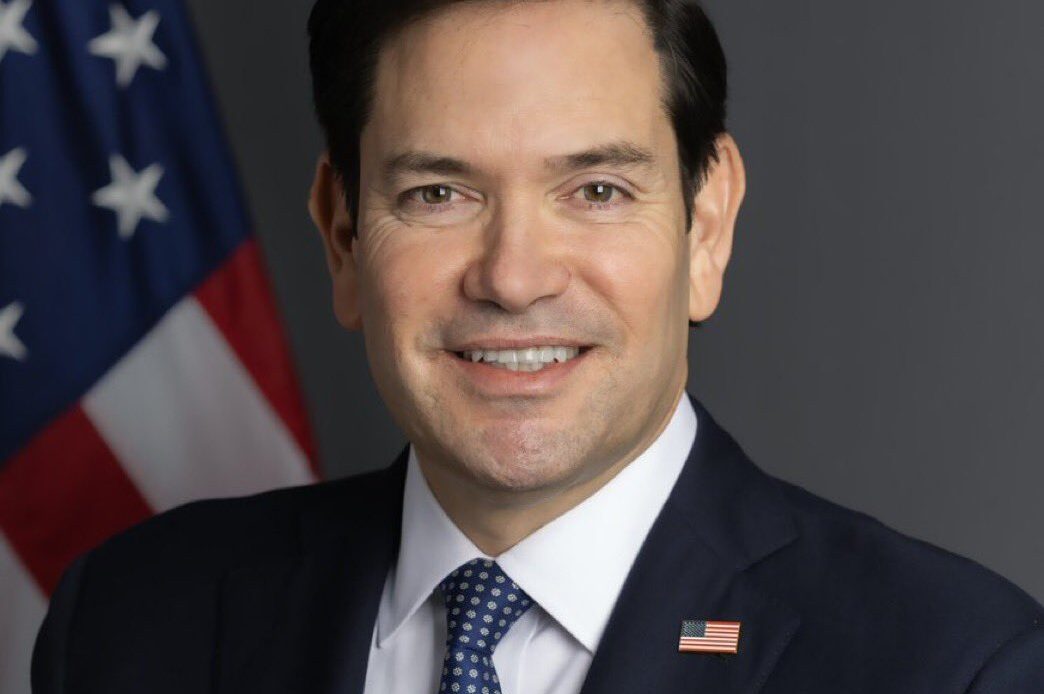Washington, D.C. – U.S. Secretary of State Marco Rubio has announced the dissolution of the U.S. Agency for International Development (USAID) as the lead administrator of American foreign aid, marking a significant shift in how the United States delivers assistance abroad.
Effective immediately, the State Department will assume full control of U.S. aid programs, a move Rubio says is aimed at aligning foreign assistance more closely with national interests, ensuring taxpayer money is not funneled to ineffective governments or organizations with ties to rival powers such as China.
In an opinion piece titled “Restoring Foreign Aid to Its Greatness,” Rubio delivered a sharp critique of USAID, accusing it of inefficiency, mission drift, and serving what he described as a “global NGO-industrial complex”. He cited an internal review from the Trump administration, which revealed that the agency had spent more than US$715 billion in inflation-adjusted aid with little measurable impact.
“USAID has become a tool for elite interests and bloated NGOs, not the impoverished populations it was created to help,” Rubio wrote.
Foreign Aid as Strategic Investment
Rubio also highlighted that in 2023, many nations receiving U.S. aid—particularly in sub-Saharan Africa—voted against American positions 71% of the time at the United Nations. He further questioned nearly US$100 billion in aid sent to the Middle East, North Africa, and Palestinian territories, including regions under hostile or adversarial control.
Going forward, U.S. foreign assistance will be reframed as a “strategic investment” rather than humanitarian charity, according to Rubio. New priorities will center on national security, economic reciprocity, and efforts to counter China’s growing global influence.
The decision to dissolve USAID represents the most radical restructuring of U.S. foreign aid policy in decades and is expected to spark significant debate among lawmakers, humanitarian organizations, and international partners.

